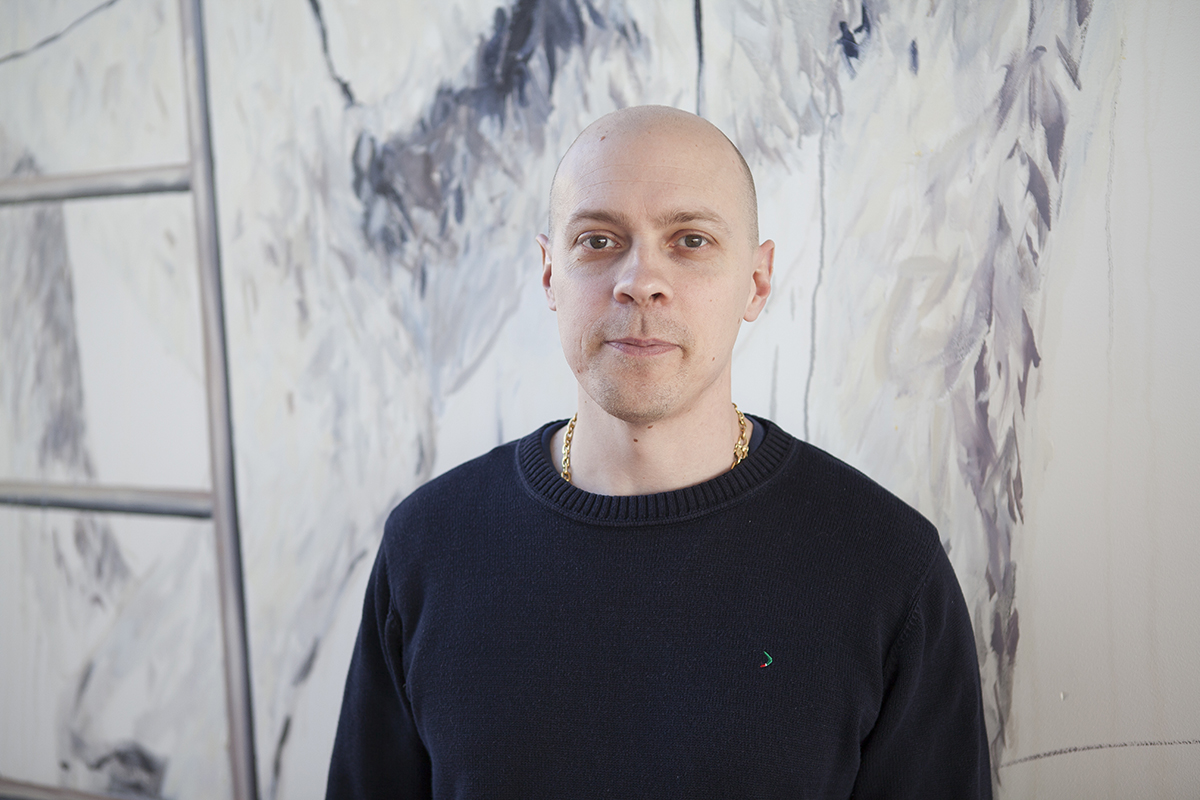The amount of data produced and collected in recent years has increased rapidly. More and more companies use sensors in their consumer products to collect usage data in real time and people are increasingly prone to interact digitally, while choosing to record everything from sleeping habits to workout patterns.
Data science focuses on tools and methods for processing, analysing, and ultimately extracting knowledge from these huge amounts of complex data. At BTH we intend to meet the industry’s growing demand for this expertise by launching Sweden’s first Master of Science in Engineering programme (civilingenjörsprogram) in data science in the autumn semester of 2018.
What is data science and what will you study on the programme?
Data science is a field that includes hands-on machine learning and advanced data analysis,” explains Niklas Lavesson, programme manager. “The subject involves developing theory, methodology, and tools for collecting and processing data and for automated data analysis”. The analysis consists of finding patterns and extracting useful and interesting knowledge from the data.”
The programme’s main field of study will be computer science, explains Niklas, but the students will study a variety of courses from computer engineering, software engineering, mathematics, and statistics. Specific topics from these subject areas are closely linked to the professional roles that one can get after the education.
Computer engineering expertise is required to plan, build, and implement the infrastructure for the collection and processing of data. Software engineering is linked to the professional role of software developers, and necessary, both to determine which analysis software is most suitable to use and to be able to develop new software if necessary to match the needs you have. Finally, mathematics and statistics contribute with a theoretical foundation makes it possible to understand, design, build, and evaluate algorithms, analyse data, extract knowledge and present the findings in an understandable way.
“An engineer in this field will gain a broad understanding of industrial challenges and the needs related to intelligent data analysis – the engineer will be able to work with the entire process from the moment you have a task to solve to the development of a prototype or the launch a product that solves the problem by using appropriate data “summarizes Niklas Lavesson
It started with machine learning in the early 2000s
Niklas Lavesson is one of the pioneers in the area at BTH. When he was enrolled in research education and placed in the Distributed and Intelligent Systems Laboratory at BTH in 2004, he became the first person at BTH to specialize in machine learning. A year later, Niklas developed the first course in the area and in 2008 the first doctoral thesis was presented. Since then, interest in the area has increased immensely and several research projects have been launched in close cooperation with the industry. In 2014 BTH was granted funding from the Knowledge Foundation, to develop a centre of excellence in large-scale data analysis – big data analytics. Big data is a term used to describe data sets so large and complex that traditional methods of processing are not enough.
Thanks to several successful projects, BTH today has cooperation agreements with companies such as Ericsson, Sony, Telenor and more. The idea is that these companies will play a key role in this new programme. It is important to work with real challenges in cooperation with companies. In this way, students learn to familiarize themselves with new areas while companies get help in solving practical problems.
The potential of data science
Today’s digital technology is virtually everywhere. It’s available on your television and in your car, when you visit the hospital or checking your Facebook page. Several companies have huge amounts of data that could be used to improve products and customer experiences, to understand customer needs better and predict future trends and develop new advanced technologies. Swedish companies have started to open their eyes to the untapped potential that lies in analysing data.
“By understanding your own data better, you can forecast the trends and understand how to act in the short and long term, as well as offering this technology as part of consumer products,” Niklas concludes.


Actually, University of Skövde started a Master’s program in Data Science in 2015, so this is not entirely correct.
http://www.his.se/Utbildning/Hitta-utbildning/vara-program/Data-Science-masterprogram/
Hallo Gunnar. We are aware that there are other Master’s programmes in Data Science but this is the first Master of Science in Engineering (Civilingenjör) which makes us especially proud.